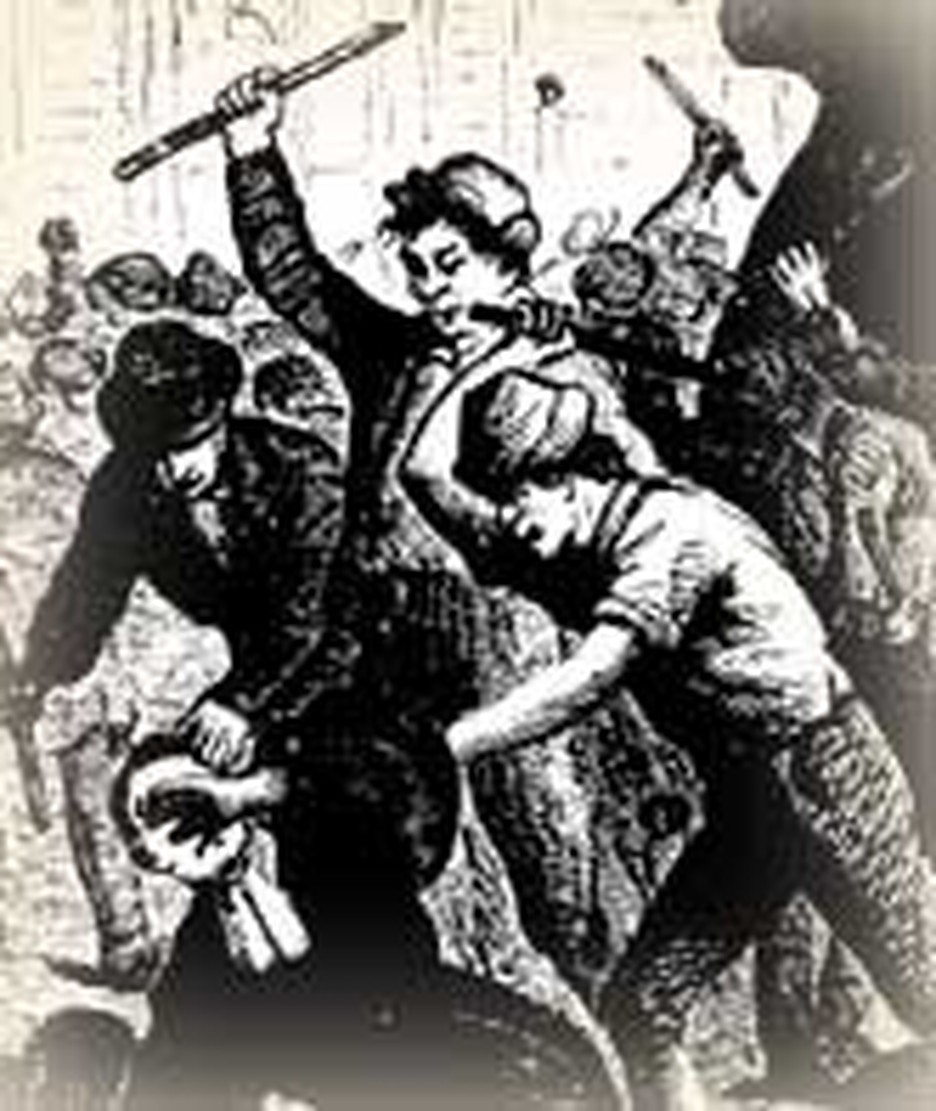
Rowland Hill scandalized his contemporaries. The son of Sir Rowland Hill, a baronet, he was born in Shropshire, England on this day, August 23, 1744. Educated at some of England's best schools on his way to becoming a minister (Shrewsbury, Eton and St. John's College, Cambridge), he might have risen to elite positions in the church. Instead, he chose a lowly path.
With the example of George Whitefield before his eyes, Rowland decided to carry the Gospel where it was most needed. Even while at school, he preached out of doors and visited the sick. Although he was appointed to a parish in Kingston, Somersetshire, he was denied admission to the Church of England priesthood because friends and religious authorities detested his methods. However, despite opposition and a strong Methodist influence, Rowland always followed Church of England forms and stayed in that denomination.
Rowland had a powerful voice and he knew how to express his ideas in such a way as to reach common people. He drew large crowds. His book Village Dialogues suggests the kind of illustrations and sayings that made him a delight to listen to. For example, "I would give nothing for that man's religion whose very dog and cat are not the better for it." It was Rowland who asked, "Why should the devil have all the good tunes?"--a saying often attributed to Martin Luther. The poet and scholar Robert Southey said that he was as good a performer, in his own realm, as certain famous actors were in theirs.
In Village Dialogues, Rowland named his Christian character Thomas Newman, for, as he said, "...everyman who goes to heaven must have the name of new-man. We must not expect to enter there unless we are created anew in Christ Jesus unto good works, which God hath before ordained that we should walk in them."
Having inherited a good deal of money, Rowland used it to build Surry Chapel, London, where he preached and continued his leading-edge efforts at outreach. Thirteen Sunday schools were connected to his church. Despite his fixed place of work, he continued to make tours through England and to preach out of doors. In addition to this work, Rowland was a leader in forming the British and Foreign Bible Society, the London Missionary Society and the Religious Tract Society.
He died in 1833.
Bibliography:
- Hill, Rowland. Encyclopedia Britannica. Britannica, 1911, 1968).
- Shorter Bartlett's Familiar Quotations, the. New York: Permabooks, 1957.
- Wells, Amos R. A Treasure of Hymns; Brief biographies of 120 leading hymn- writers and Their best hymns. Boston: W. A. Wilde company, 1945.
- Various internet articles.
Last updated July, 2007







